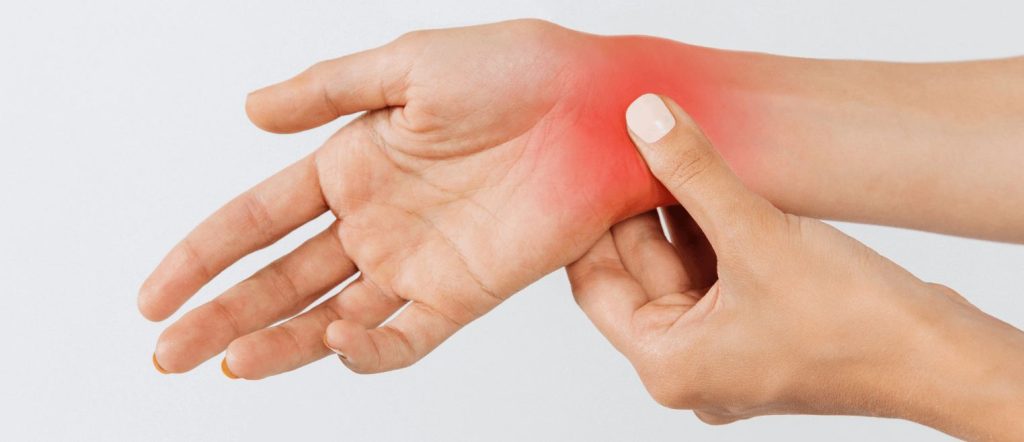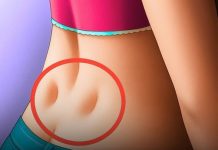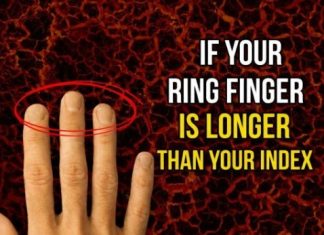Calcium is an essential mineral that plays a crucial role in maintaining the health of our bones and teeth, among other biological processes. However, many people are unaware of the signs and symptoms of calcium deficiency, which can have serious consequences if left untreated. Understanding the indications of insufficient calcium intake can help you take prompt action to mitigate health risks and improve your overall well-being.
How the Body Uses Calcium
Calcium is absorbed in the intestines and then stored in the bones and teeth, which act as reservoirs for this mineral. It is also present in the bloodstream, where it helps facilitate muscle contractions, blood clotting, and the transmission of nerve signals. The body continuously regulates calcium levels, balancing absorption, storage, and excretion processes to maintain adequate levels for optimal function.

Factors Contributing to Calcium Deficiency
Several factors can contribute to calcium deficiency, including insufficient dietary intake, poor absorption due to gastrointestinal disorders, and certain medications that interfere with calcium metabolism. Additionally, age, hormonal changes (especially in women), and lifestyle factors such as smoking and excessive caffeine or alcohol intake can also impact calcium levels.
Signs of Calcium Deficiency
1. Fragile and Brittle Nails
One of the first visible signs of calcium deficiency is the condition of your nails. If you notice that your nails are becoming fragile, brittle, or prone to breakage, it may be an indication that your body lacks the necessary calcium to maintain strong, healthy nails.
2. Frequent Muscle Cramps
Persistent muscle cramps, especially in the legs and feet, can be a sign of low calcium levels. Calcium is crucial for muscle function, and a deficiency can lead to increased nerve sensitivity and muscle contractions, resulting in cramps and spasms.
3. Dental Problems
Calcium deficiency can manifest in dental issues such as tooth decay, gum disease, and brittle teeth. Since calcium helps in maintaining healthy teeth and gums, a lack of it can lead to a myriad of dental problems that might require professional treatment.
4. Tingling in Hands and Feet
Experiencing a tingling sensation or numbness in your hands and feet can be a symptom of calcium deficiency. This occurs because low calcium levels can affect nerve function, leading to sensations such as tingling or a ‘pins and needles’ feeling.

5. Osteopenia and Osteoporosis
Long-term calcium deficiency can lead to conditions like osteopenia and osteoporosis, where bones become weak and brittle, increasing the risk of fractures. These conditions are particularly concerning for older adults and postmenopausal women.
Conclusion
Recognizing the signs of calcium deficiency is vital for maintaining overall health. If you experience any of the symptoms mentioned above, it’s important to consult with a healthcare professional who can assess your calcium levels and recommend appropriate dietary changes or supplements. Incorporating calcium-rich foods into your diet, such as dairy products, leafy green vegetables, and fortified foods, can help prevent deficiency and support your body’s needs. Maintaining adequate calcium levels also supports heart health and proper blood clotting. Combining dietary sources with regular weight-bearing exercise can strengthen bones and improve overall physical resilience, especially as we age.

















